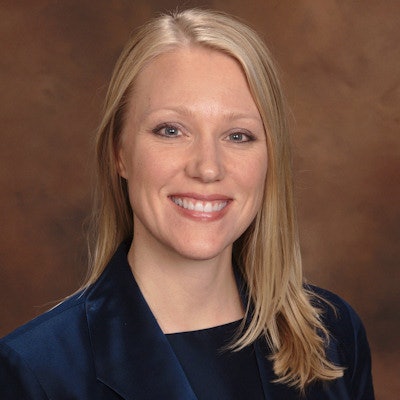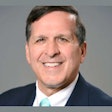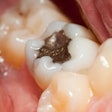
Is your practice thriving at the level you'd like, or are you looking for some help in a specific area? That's where you need a Practice Rescue. Corinne Jameson-Kuehl of Custom Dental Solutions offers practical solutions gathered from years of experience with practices like yours.
What does it mean when your practice is "hijacked" by your employees? One example is when you discuss treatment with a patient, only to notice details later were changed without your knowledge.
 Corinne Jameson-Kuehl, RDH.
Corinne Jameson-Kuehl, RDH.Often, dentists will tell me that they feel excluded from the details of the daily routine and the daily events in their own business simply because the employees make decisions without their knowledge. They also say when they ask questions regarding financial reports or patient scheduling that team members respond in such a way that it makes them feel they are terrible for asking.
One way employees hijack the dentist is by changing treatment plans and making financial decisions based on what they feel is best for the patient. This may be based on an assumption that they know this patient's financial and personal needs better than the dentist. This is especially common in newer ownership situations where the team may view the new dentist as inexperienced or that she doesn't know the patients as well as the previous owner or the experienced team members.
In this example, employees will make the choice to "give a discount" or change treatment to what "has always been done." This leaves the dentist's specific treatment plan devalued and gives the confused patient the impression the dentist is only looking to line his or her pockets.
Hygiene department hijacks
One example is seen in the dental hygiene department. A long-time patient is seen with periodontal pocketing depths and heme (an iron-containing molecule related to hemoglobin) consistent with stage 2 periodontal disease that the new dentist believes needs to be addressed. When the new dentist shares the concern with the hygienist, she is met with the response of "It's always been that way, and Dr. Previous Owner always watched those areas. Besides [long-time patient] doesn't have the money for periodontal therapy, so I just do a prophy and hope for the best."
The new dentist is unsure how to respond, and questions loom through her mind:
- Where is the patient education on how this condition affects the entire health of the patient?
- How can I legally treat a patient with a prophylaxis when that is not the accurate condition?
- Why is my hygienist making the treatment decision for the patient?
It is imperative that the dentist verbally shares with the entire team how she believes patients should be clinically approached. It is also imperative that the doctor finds out if the team members share this philosophy. If they don't, perhaps they are not the right fit for the office.
Guided discovery
To communicate your desires, provide your team members with scripting to lead them through conversations with your patients.
“Never assume what patients want or expect out of their care or what they can afford for that matter.”
In the example above, the dentist would guide the hygienist to approach the patient with a scripted explanation.
"In situations such as yours, evidence-based dentistry suggests there might be some risk factors to your health, such as oral cancer, periodontal disease, or others. We believe we need to take a more active approach to treat these diseases by increasing your awareness of the importance of complete oral health."
Team members cannot assume that they know patients' thoughts toward treatment around the potential lesion in their oral cavity or their active periodontal disease. Never assume what patients want or expect out of their care or what they can afford for that matter.
If we as providers do not believe in the therapy we are proposing to our patients, the patients will not see the value and importance of the treatment. If the hygienist doesn't believe, the patient will not schedule.
When employees do not support your treatment plan and share your clinical opinion, they hijack your business culture. Take back control of your business and your philosophy of care.
Corinne Jameson-Kuehl, RDH, is the owner of Custom Dental Solutions. She can be reached at [email protected].
The comments and observations expressed herein do not necessarily reflect the opinions of DrBicuspid.com, nor should they be construed as an endorsement or admonishment of any particular idea, vendor, or organization.



















